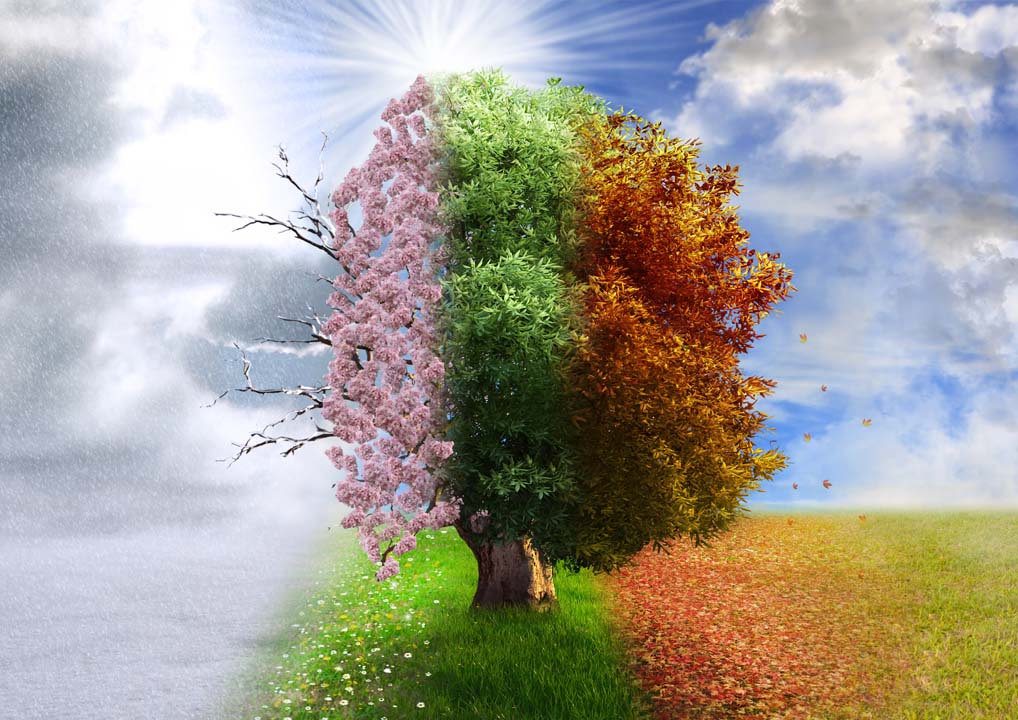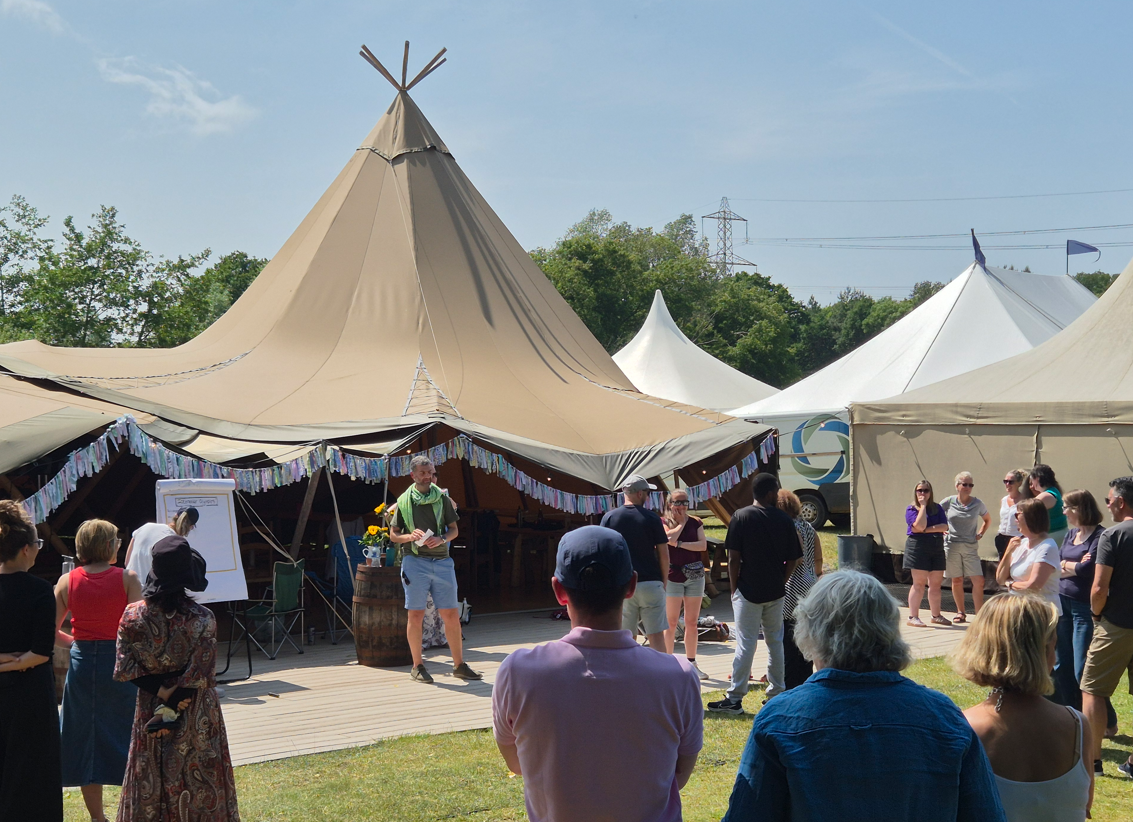TJ’s new blogger Michelle Parry-Slater explores the learning we take from our everyday experiences and activities
At this time of year, it is typical to start thinking about new learning activities. The start of the school term spurs us on. We are used to learning in the autumn. Perhaps it’s the nostalgic thoughts of new pencil cases and new notebooks or perhaps it’s as the weather turns colder and the nights start drawing in we become more reflective.
Our energy shifts from that of a freewheeling, light and breezy summer towards hunkering in for winter. Reading by a fire. Listening to a podcast whilst kicking leaves. Cooking new recipes to create the perfect stew. There is something about the time of year, the season, which sets the tone for our activities and focus.
Personally, I love spring and summer green spaces; they are where I draw most energy. This is when I learn best as I’m surrounded by beautiful greenery. When the brown sticks of winter start to appear in the trees, the back-to-school feel sucks my focus and energy, new pencil cases or not. Knowing this about myself when I am flagging in the winter months social learning lifts me. I punctuate long, cold evenings by drawing on the energy of others, spending time with people, sharing and co-creating.
Cultural adjustments
When I worked in global mobility, we’d caution overseas assignees to watch out for the changing seasons. When you move abroad, months three and seven are typically the ones to watch for when it comes to culture shock. In Thriving Abroad Louise Wiles and Evelyn Simpson describe the phases of cultural adjustment from honeymoon to negotiation to recovery, and the ups and downs that come with them:
“In the honeymoon phase, everything is new and exciting… During the negotiation phase, the differences start to seem less charming.”
It not surprising that these phases tend to correlate to the changing seasons. This was certainly my experience of living in Japan. We make sense of our surroundings with familiar patterns. Seasons are one of those patterns. In the UK we generally have four distinct and similar length seasons. In Japan the rhythms felt wrong to a Brit; the seasons are hugely unequal in length with a long summer, quick autumn, short very cold winter, a stunningly beautiful spring, followed by the rainy season then back to the long summer.
It was much harder to focus at work or even be interested at work
Living in Tokyo, I really noticed how the seasons affected my energy. It’s impossible not to be cheerful in springtime Japan. The cherry blossoms are gorgeous. I arrived in April during ‘Sakura’ season, my honeymoon period. A few months later when the rain started, and didn’t stop, the honeymoon was well and truly over. Navigating the largest droplets I’d ever seen encouraged my own tears. It was much harder to focus at work or even be interested at work. Little things started to irritate me and lower my mood. Had I made a massive mistake coming to live in a country where I could not read any street signs or shop fronts? Would it always be this difficult?
Ironically returning to the UK a couple of years later, it was the darker nights and the bustling shops around the Christmas season that beat me into reverse culture shock. Leaving such a beautifully polite country to commercialism gone mad. No thanks. I longed for the summer sun I had left in the East.
Every industry has a rhythm, a typical busy / less busy energy throughout the year. In global mobility, summers are dominated by relocation; people moving house ready for the new school year or simply taking annual leave. As an L&D professional in that setting, I could never offer formal learning in summer, there was just no point. I spent my time planning instead. My summers were relaxed whilst my colleagues experienced a totally different energy working hard relocating people. Knowing though that autumn would come, and the chance to breathe a little, gave them hope.
It is so important for effective learning to understand the business you work in, to share the focus of those needing you to provide learning, to understand their energy, their seasons. Make it easy on yourself and your learning successful by knowing the rhythm of your industry. What gives energy and what takes it away? How about you? What have you learnt from the changing seasons?

Michelle Parry-Slater, is director of Kairos Modern Learning and author The Learning and Development Handbook




